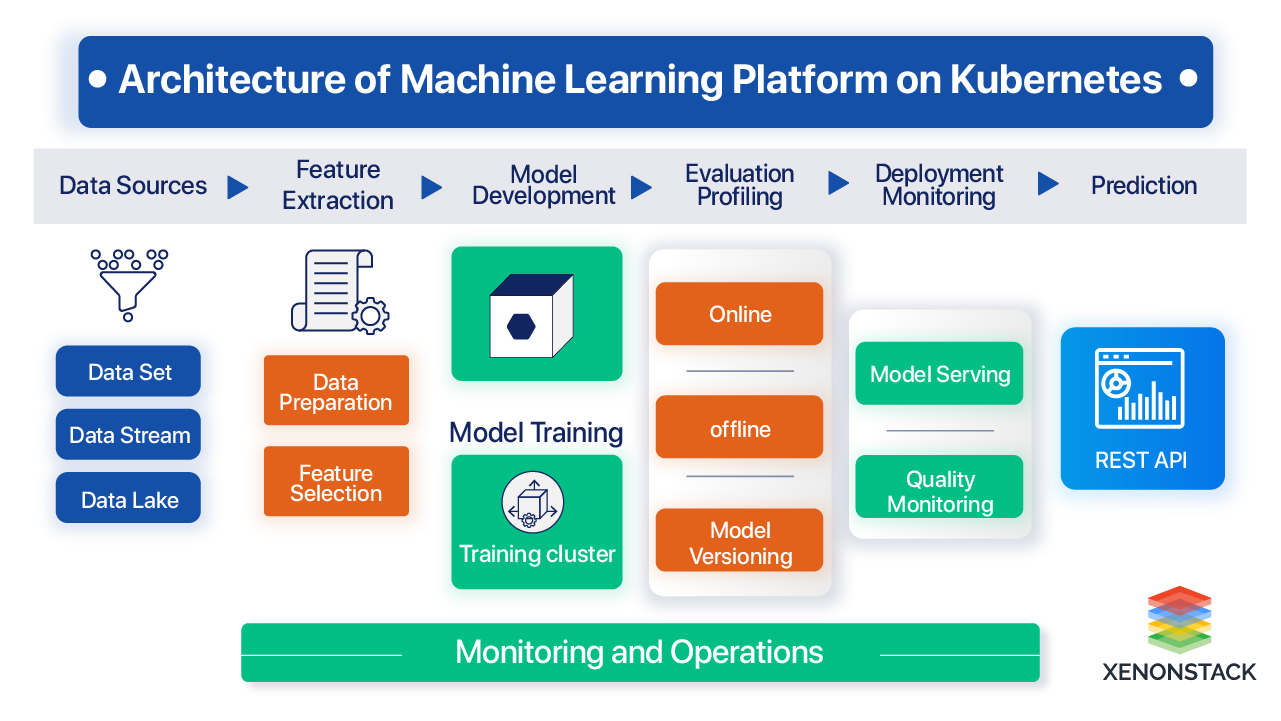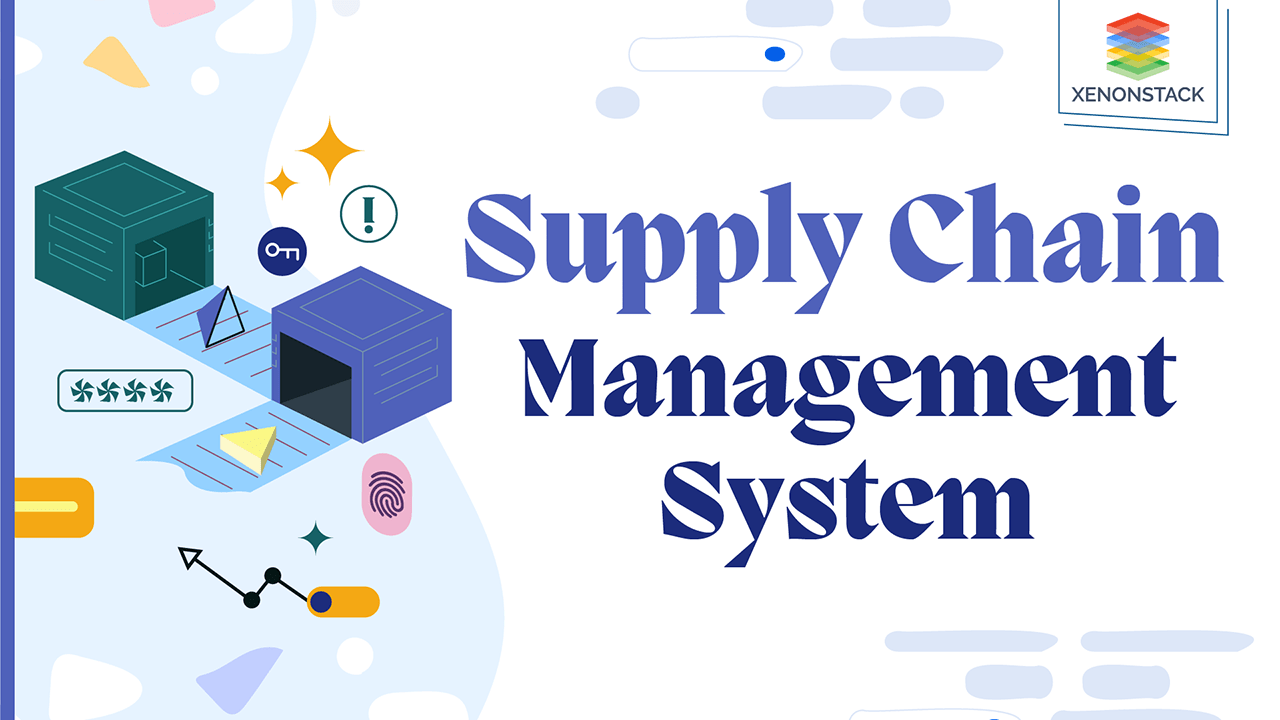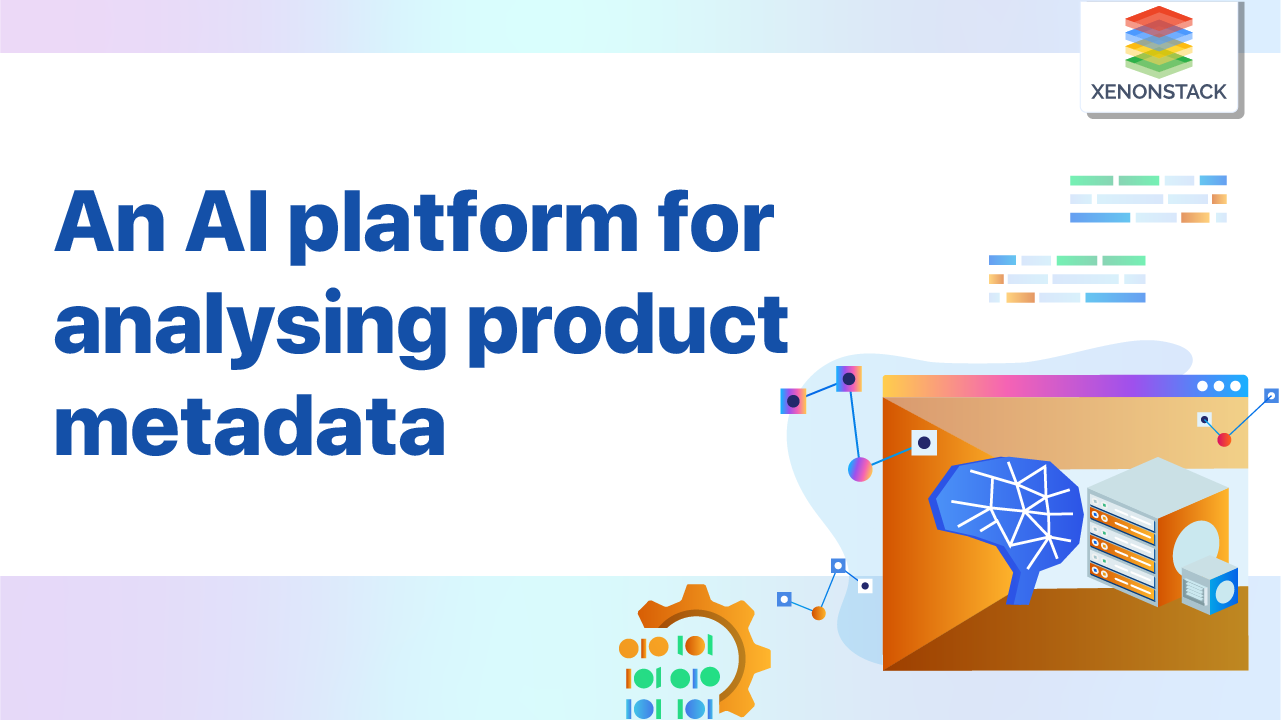
Overview of Kubernetes Machine Learning
Building Machine Learning Model could be a challenging task if not work properly. Let's review the use case that shows some methods and patterns.- Analyze Big Data to make predictions out of the data requires training in Machine Learning Algorithms. In Data Science, there are lots of Machine Learning Models and Algorithms available for Regression, Classification, and Segmentation.
- Web Platforms make it easy for users to use Machine Learning Models with an Interactive Web Interface. Python web APIs provide an excellent way for this and make the task more manageable. It gives web UI solutions for users to train models and make predictions.
Flask - Python Microframework
The Flask framework is excellent and easy to use with python APIs. Flask is a microframework for Python based on Werkzeug, Jinja2.Python Applications on Kubernetes
Kubernetes provides libraries for Python to perform various actions of it. Python Client Library for it creates new pods and deletes pods accordingly.A common challenge for Machine Learning Models
The Data Scientists build models, but the major problem is how to use these models. They need a Platform to -- Train any model based on the input data and then run prediction algorithms to do forecasting.
- Interactive Web UI to run models by just clicking a button.
- Capable of handling several requests at the same time without any conflicts in the results.
Machine Learning on Kubernetes for Prediction Platform
- Build a Prediction Platform to run any model. Build an API that gives utility to train models and use models for prediction.
- API allows the user to upload data. The information of data saves in the database.
- After data upload, the user hits the train button, the API launches a Kubernetes pod to process the training of the model.
- On the prediction web page, API provides an option to run available models. Users can upload files as input data and run any of the available models on uploaded data.
- As the user clicks on the prediction button, it pods launch.
- The pod gets information about the input data from the database and downloads the appropriate model (which the user selected) from the Cloud.
- After that, process the input data with the model and generate the prediction result. The result saves in the database.
Building Serverless Solutions with Kubernetes and OpenFaaS
It is an orchestration system for Serverless. Serverless Architectures are application architectures that extract away server management tasks and enhance development and manage to compute resources. FaaS (Function as a Service) allows code execution at runtime. Open Source Serverless solutions include AWS Lambda, Azure Functions, and Google Cloud Functions, Kubeless. Kubeless is a Kubernetes-native serverless framework to deploy small bits of code (functions) without infrastructure management. It implements on top of its cluster using all features of Kubernetes.
- Container Orchestration across clusters of hosts.
- Python, Node.js, Ruby, PHP, Golang support.
- Auto-replication and Auto-Scaling.
- Event triggers using Kafka messaging system and HTTP events.
- Prometheus monitoring.
- CLI compliant with AWS Lambda CLI.
.webp?width=1921&height=622&name=usecase-banner%20(1).webp)


